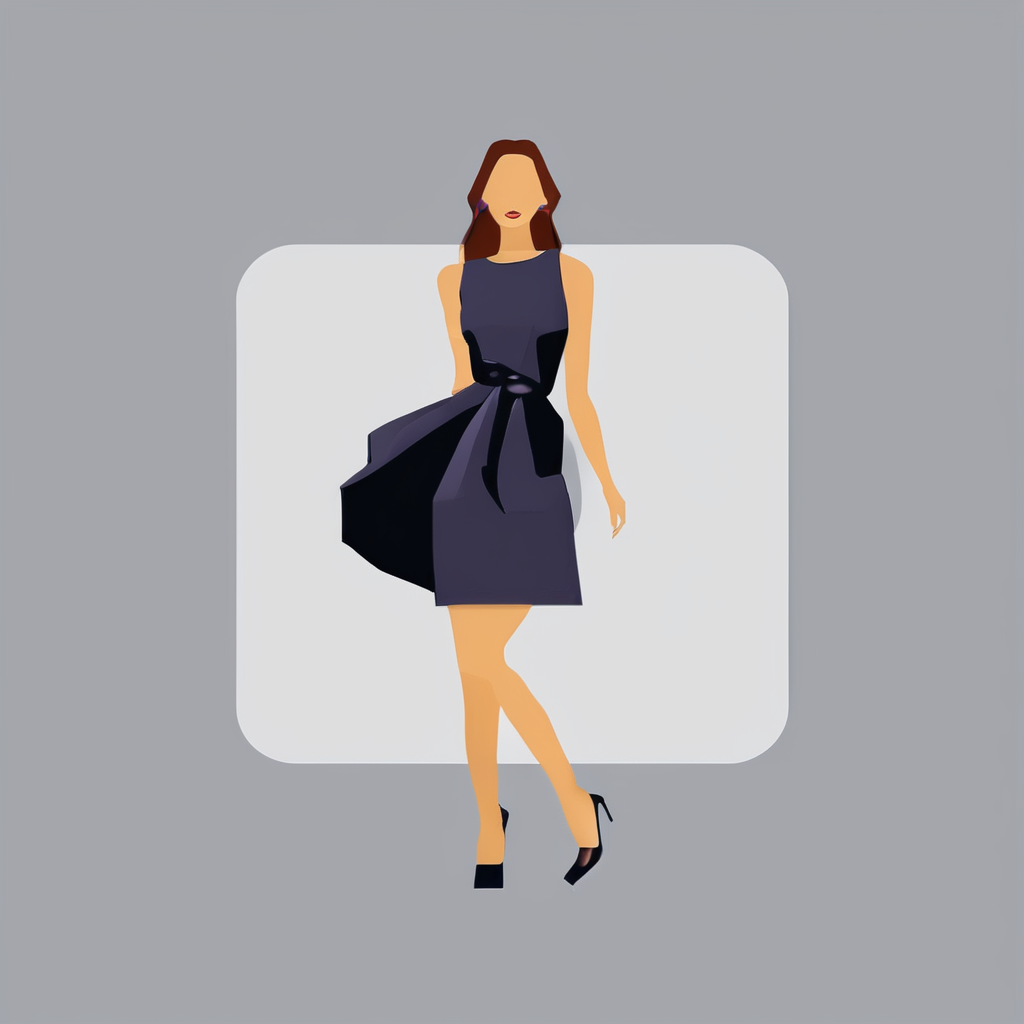UK Fashion Industry’s Role in Redefining Women’s Beauty Standards
The UK fashion scene has become a powerful force in reshaping women’s beauty standards, moving away from dated ideals toward a broader, more inclusive definition of beauty. This shift reflects an ongoing commitment within the industry to celebrate diversity in age, size, ethnicity, and gender expression. By showcasing models of various backgrounds and body types, the UK fashion industry challenges traditional stereotypes that once dominated runway shows and media campaigns.
Industry leaders actively promote authenticity, pushing brands to adopt campaigns highlighting real women, rather than purely aspirational ideals. This influence extends beyond aesthetics; it encourages societal acceptance and self-confidence among women. For instance, UK designers and fashion houses frequently incorporate diverse perspectives that resonate with modern consumers seeking representation.
Also to read : How Do Fashion Trends Influence Personal Style Choices Among Women?
Crucially, this evolution is not superficial but a strategic response to changing consumer values and demographics. The UK fashion industry’s role in redefining women’s beauty standards goes beyond marketing—it’s a cultural shift shaping perceptions worldwide. By prioritising inclusivity, the sector supports a more equitable fashion landscape where all women can see themselves reflected and celebrated.
This ongoing transformation highlights how industry influence can drive positive social change, making fashion a catalyst for rethinking beauty norms.
Topic to read : What Are the Iconic UK Fashion Moments That Shaped Women’s Style?
Embracing Body Positivity and Diversity in Fashion
Body positivity and fashion diversity have transformed the industry by celebrating alternative beauty and promoting inclusivity. This shift means brands now showcase a wider range of body types, from curvy to slender, embracing the uniqueness of every individual. It’s no longer about fitting one ideal shape but about representing real people authentically.
In the UK, major campaigns emphasize this progress by including models of various ages, abilities, and ethnic backgrounds, reflecting society’s rich diversity. Such representation encourages self-acceptance and challenges outdated beauty norms. Fashion diversity not only empowers consumers but also drives businesses to be more socially responsible and responsive to customer needs.
Inclusivity in fashion goes beyond visuals. It involves offering clothing lines that accommodate different shapes and sizes, ensuring comfort and style for everyone. This holistic approach reflects a broader cultural movement toward acceptance and respect, making fashion a platform for positive social change.
By embracing body positivity and diversity, the fashion industry helps people feel seen and valued. Everyone deserves to celebrate their unique beauty, and fashion is a powerful tool to support this inclusive vision.
Leading Brands and Designers Promoting Inclusivity
Inclusivity in fashion is gaining momentum, with numerous inclusive fashion brands and UK designers leading the charge. These visionaries prioritize diversity initiatives, ensuring that all identities and body types are represented. A standout example involves collaborations between established designers and activists, which bring visibility to marginalized communities on premier runways.
Diversity initiatives championed by these brands go beyond tokenism. They are embedded in design processes and marketing choices, reflecting a genuine commitment to representation. High-profile runway shows now regularly feature models of varied ethnicities, body shapes, and abilities, setting new industry standards.
Noteworthy UK designers use their platforms to celebrate cultural richness while challenging conventional beauty norms. The effect ripples through fashion weeks and retail spaces, encouraging broader acceptance and inspiring emerging talent focused on inclusivity.
By supporting these inclusive fashion brands, consumers actively contribute to a more equitable industry. Engaging with diversity initiatives promoted by key players signals a progressive shift—one where fashion truly becomes for everyone.
Impact of Media & Social Platforms on Beauty Perception
Fashion media and social media influence play a central role in shaping beauty perception UK-wide. Traditional fashion magazines have long set the standards by showcasing curated images that promote specific ideals. Today, these are amplified by digital campaigns, where brands target audiences with visual content designed to define what is considered trendy or beautiful.
Social media influence acts as both a mirror and a magnifier of these ideals. Platforms like Instagram and TikTok enable real-time sharing of beauty trends and styles, often driven by influential UK fashion voices. These voices use hashtags and online movements to challenge or reinforce beauty norms, impacting how a broad audience interprets attractiveness and style.
For example, hashtags focusing on body positivity or diverse representation encourage broader acceptance and redefine traditional beauty standards. Conversely, some campaigns continue to promote narrow ideals, influencing perceptions subconsciously.
Ultimately, the dynamic interplay between fashion media and social media influence continues to evolve, making beauty perception in the UK a constantly shifting landscape. Understanding this helps consumers critically evaluate the images they consume and recognize the power behind these platforms.
Statistics and Expert Perspectives
Small text
In recent years, industry statistics show a significant shift towards greater diversity in UK fashion trends. Data reveals that runway model diversity has increased by over 25% in the last five years. Campaign representation follows a similar pattern, with more brands showcasing a wider range of ethnicities and body types. These changes reflect a broader societal demand for inclusivity.
Experts emphasize the importance of these trends. According to fashion insiders, this shift isn’t merely cosmetic but represents a strategic recognition of evolving consumer values. Academics studying the industry note that diverse representation correlates positively with brand loyalty and market expansion. One expert explains that UK fashion trends are increasingly influenced by multicultural urban centers, driving designers to embrace variety in their campaigns and runway shows.
This evolution impacts the fashion ecosystem, encouraging brands to move beyond tokenism and develop authentic, sustained commitments to representation. Overall, data and expert opinion align to confirm that UK fashion is becoming more inclusive, changing the landscape to better reflect the society it serves, and setting a positive precedent for the global industry.
